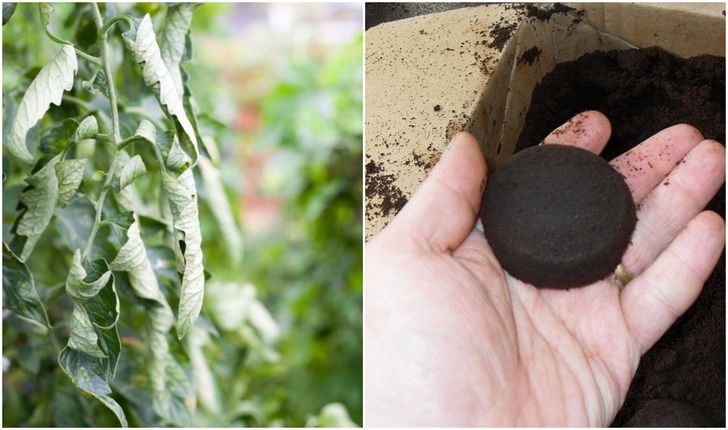
You might notice that some of your garden plants are a little sickly looking and not performing as they should. This could be the first sign of nitrogen deficiency, something that all savvy gardeners should be aware of.
All plants need nitrogen for healthy growth and to reproduce. Plants also use nitrogen for photosynthesis.
Once you get a handle on the nitrogen needs of our plants it makes it easier to supplement as necessary for healthy growth.
Native plants don’t often struggle with nitrogen deficiency like vegetable garden plants can.
Spotting Nitrogen Deficiency
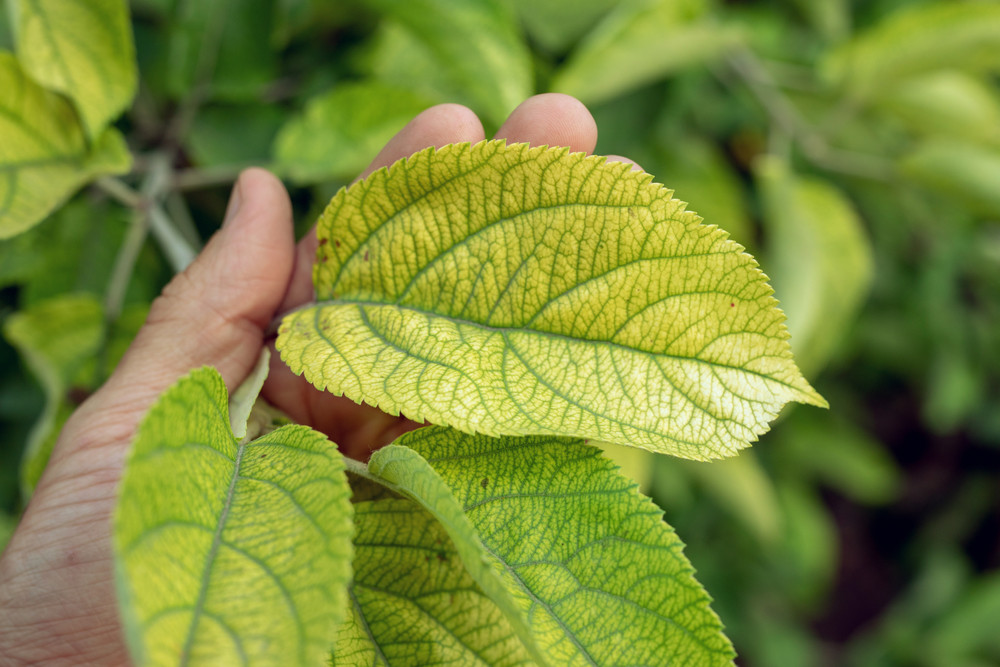
Nitrogen deficiency is fairly easy to diagnose. Symptoms of a deficiency include lack of growth and pale green or yellow leaves, due to the plant’s inability to make chlorophyll.
This is caused by chlorosis and generally begins at the base of plants and works its way up causing plants to become weak and spindly.
Spotting Nitrogen Burn
Just as it is important to know what nitrogen deficiency looks like in plants, it is equally as important to spot nitrogen burn; the result of too much nitrogen.
When plants take up too much nitrogen they shrivel up or have a burned or crispy appearance.
Test Your Soil
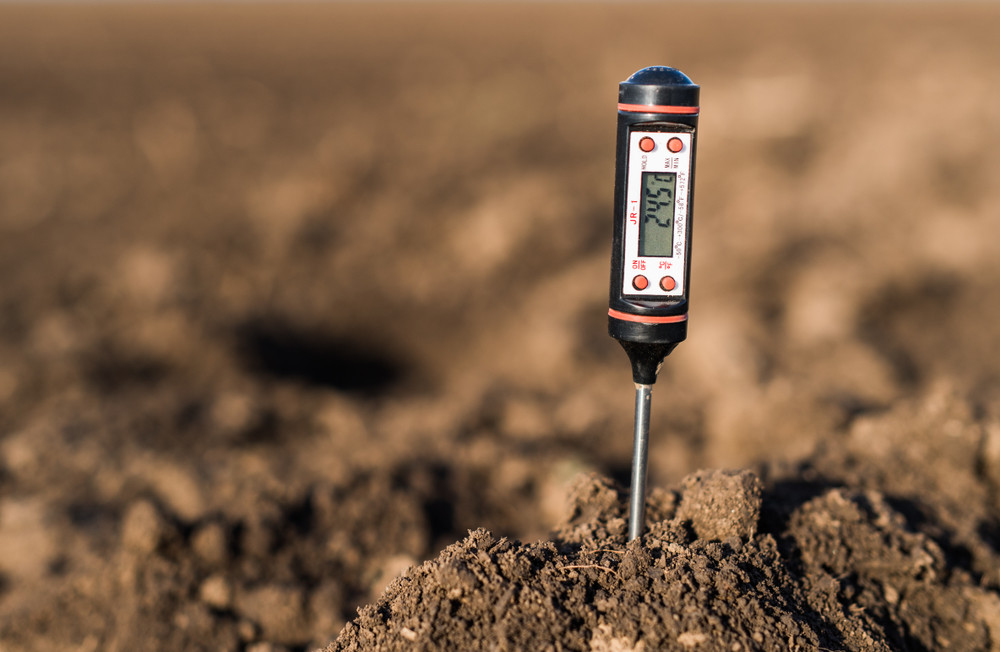
It is a good idea to test your garden soil each year. A complete soil test will give you the full picture of which nutrients your soil is lacking and how much might be needed to bring balance.
Try this Soil Savvy Soil Test Kit to get a better understanding of what your soil needs.
13 Ways To Fix Nitrogen Deficiency
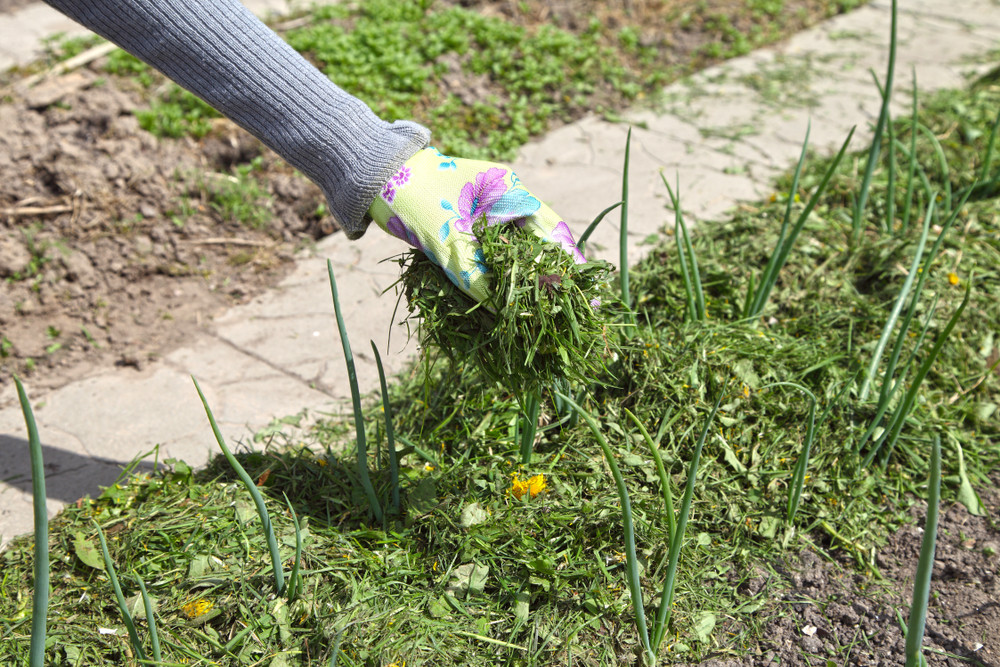
Nitrogen in the soil must be constantly replenished in order to keep your vegetable garden performing at its best. Here are some ways you can organically be sure that your plants get enough of this vital nutrient.
1. Add some grass clippings
Don’t throw those grass clippings away, use them to help boost nitrogen and potassium in your garden.
Not only are grass clippings free but when placed around the base of plants in thin layers, they help speed up composting.
Read More: 8 Clever Ways To Use Grass Clippings
2. Coffee anyone?
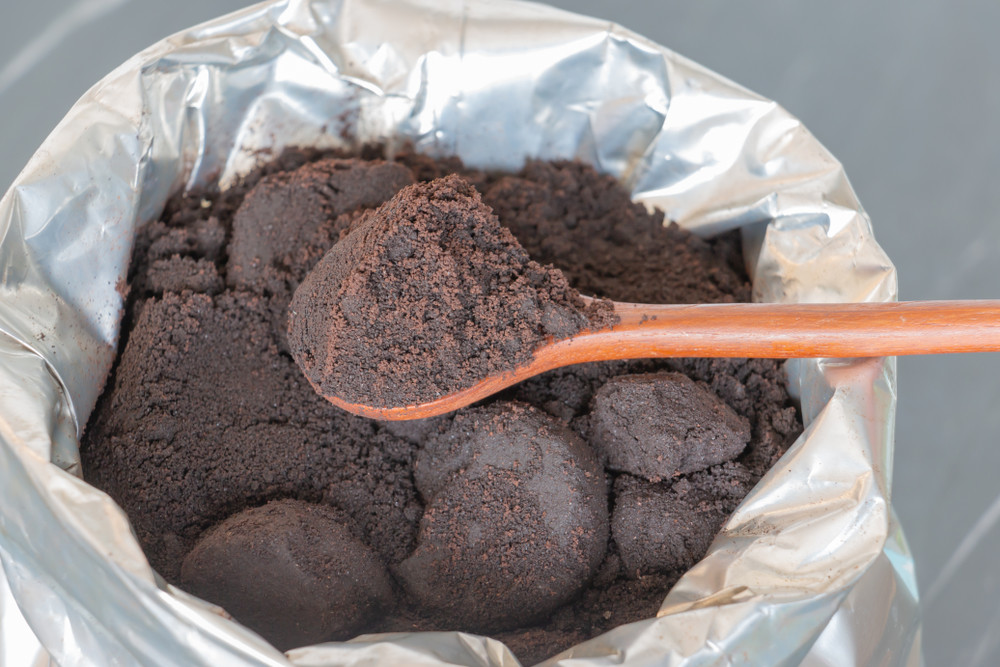
Compost coffee grounds by mixing equal parts grounds, leaves and grass clippings. Turn over the mixture weekly until it becomes very fine in texture.
Top up the soil around plants with this mixture and water well.
If you use uncomposted coffee grounds, be sure to work them well into the soil as they will steal the moisture from plants
Read More: 14 Genius Ways To Reuse Old Coffee Grounds
3. Leaf mulch
It is possible to improve nutrient levels in your garden soil and increase available nitrogen by covering your garden bed with a layer of leaf mulch.
After the growing season has ended, place three inches of fallen leaves on your garden bed and water well.
4. Plant legumes
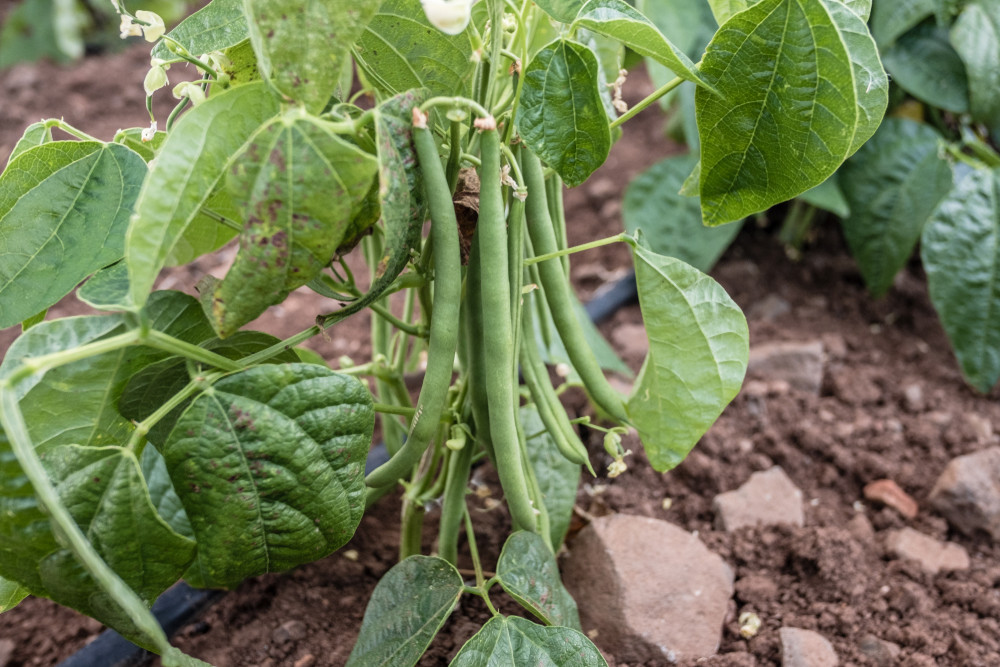
Planting both peas and beans will add much-needed nitrogen to deprived plants. Legumes take nitrogen from the air and convert it to a compound that plants need.
Beans and peas work well as companion plants with asparagus and corn.
5. Weeds
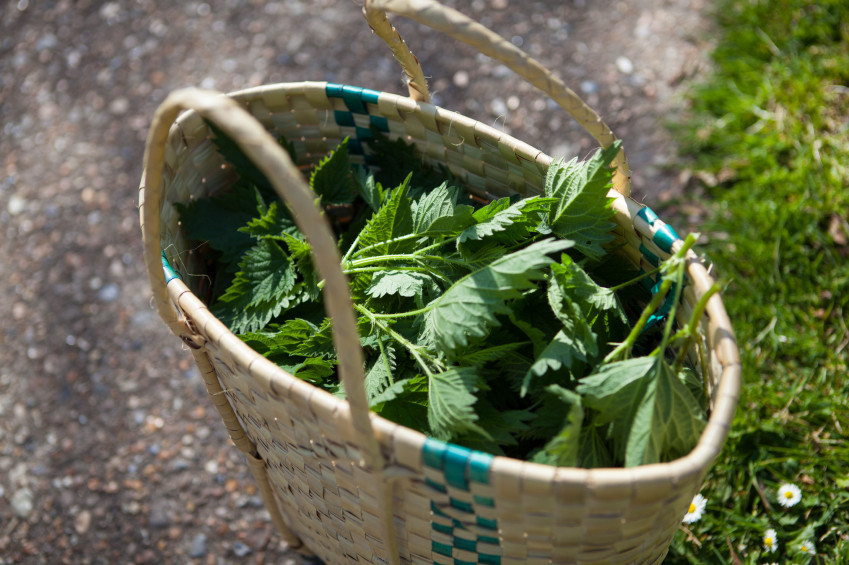
While you may think it counterproductive to add weeds to your garden, they can actually be beneficial, as long as you throw them in the composter first.
Weeds including nettles and burdock help speed up the breakdown of compost and are a great source of nitrogen for finished compost that can be added to your garden.
The best weeds are those that have not yet flowered.
Pull them out of the yard and garden, let them dry in the sun for a day or two and throw them into the compost.
6. Human urine
Although it may sound somewhat disgusting, human urine, from a healthy, virus-free body is great for plants.
Urine contains nitrogen, potassium, and phosphorus even greater quantities than store-bought fertilizer.
Use one cup of urine to eight cups of water to fertilize plants and help replenish nitrogen.
Animal Manure
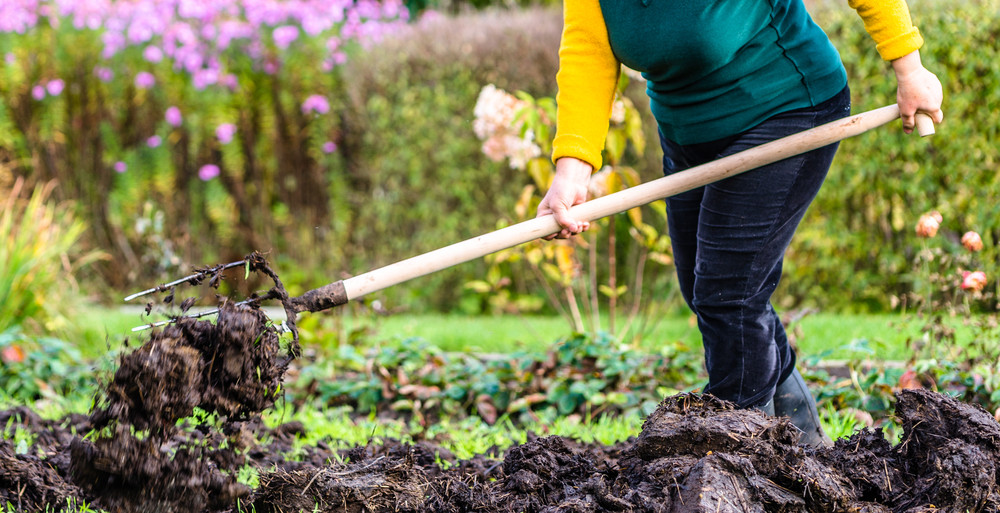
Livestock animal manure is a great addition to your garden and can help fix nitrogen when processed and used correctly.
Animal manure MUST be composted before use or it can burn plants, thus defeating all of its benefits.
Here are some tips to keep in mind when using animal manure in your garden.
7. Cow manure
This manure is the least nitrogen-rich of livestock manures. However, it is useful as an all-around garden compost and will help add balance to any garden soil.
8. Horse manure
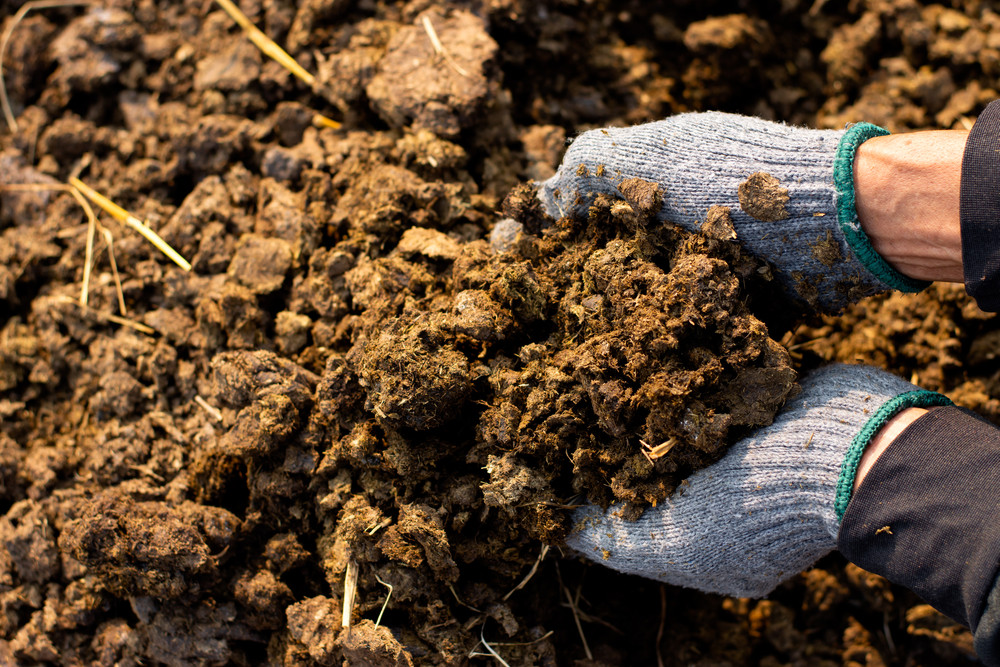
Manure from horses is considered “hot” or very rich in nitrogen. This manure is even physically hot to the touch.
Use well-composted horse manure on nitrogen hungry plants such as corn, potatoes, garlic, and lettuce.
Do not use horse manure or peppers, tomatoes and flowers.
The best way to use horse manure to improve available nitrogen to plants is to mix it in with your compost and work it into the soil well.
9. Sheep manure
Sheep manure is even ‘hotter’ than horse manure with more nitrogen but the same about of potassium making it more balanced than horse manure.
Use composted sheep manure sparingly in the garden, working it in well.
10. Poultry manure
Twice as hot as horse manure, a little poultry manure goes a long way, You can mix a little into your compost and this will result in a very rich and beneficial overall garden fertilizer.
Nitrogen hungry crops like sweet corn love poultry manure.
Nitrogen-Rich Fertilizers
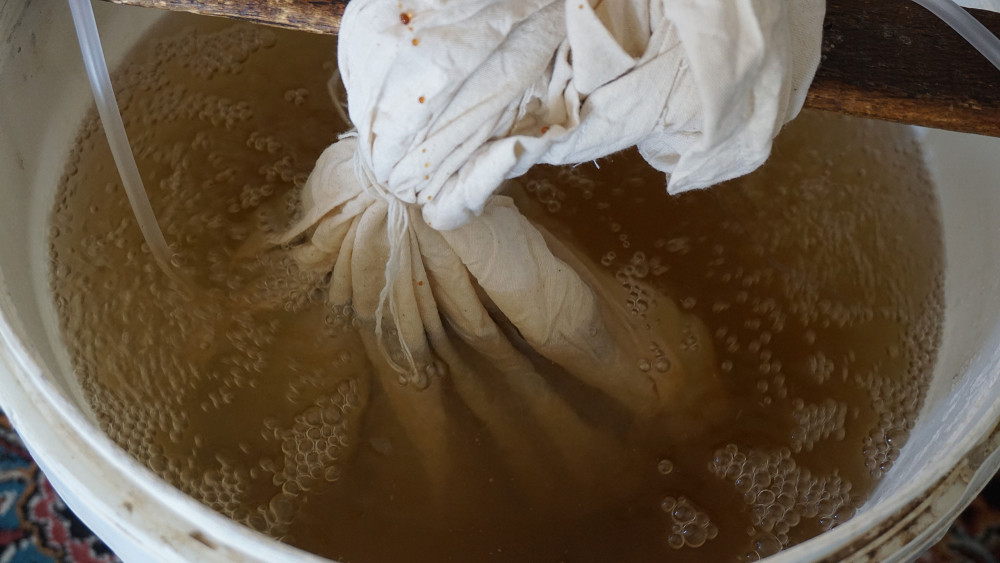
Give garden plants that extra boost they need to perform all season long by using a nitrogen-rich fertilizer. Here are a few options.
11. Blood meal
Blood meal is dried animal blood, usually cow blood. The blood is collected and dried into a powder after the animal is dead.
Adding blood meal to your garden will raise nitrogen levels and help plants remain healthy and strong.
As an added bonus, blood meal is also an animal deterrent and can help keep critters such as dogs, raccoons, and possums out of your garden.
Use blood meal properly to avoid burning plants.
You can purchase organic blood meal here.
12. Fish emulsion
Fish emulsion is a liquid fertilizer made from fish. This quick acting fertilizer can help give nitrogen deficient plants a quick pick-me-up.
Fish emulsion is excellent for container gardens.
The liquid is generally concentrated and required dilution before using. The usual ratio is a ½ cup in one gallon of water.
Be sure to check the ratio of nutrients in your selected fish emulsion before using.
If your emulsion is a 2-4-1 ratio you may need to feed plants twice a week. If the ratio is 4-4-2, use half as often.
If you have fish, the next time you empty your fish tank, water your pots, they will thank you. If not, try this organic liquid fish fertilizer.
13. Worm tea
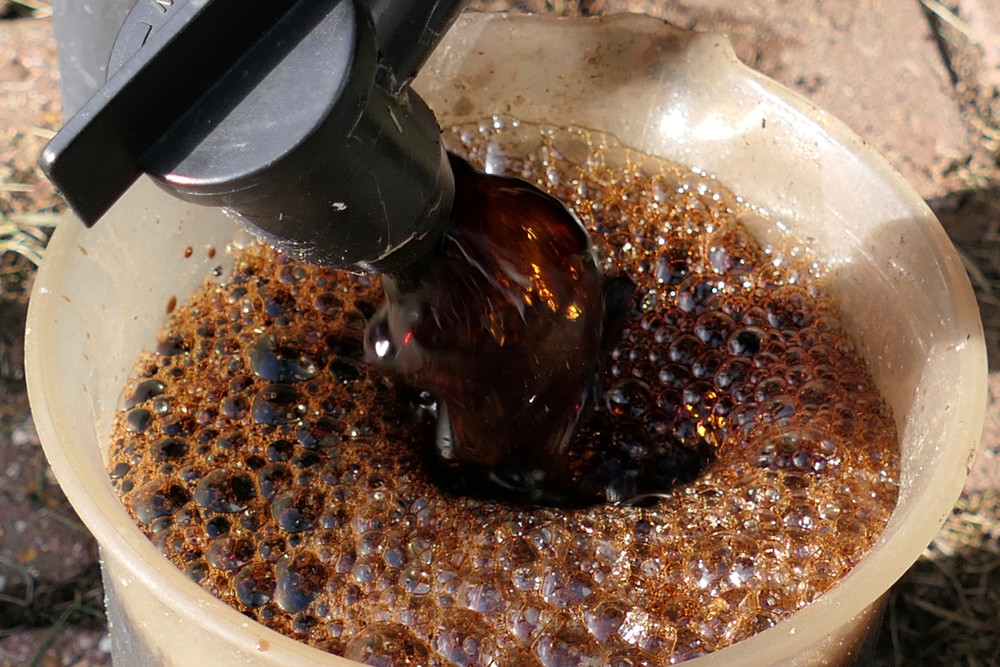
Worm tea is an organic liquid fertilizer that is made from worm castings.
When used on garden plants, it goes to work quickly to provide plants with powerful nutrients including nitrogen.
Worm tea also helps seedlings grow, retains soil moisture, provides beneficial microbes and beneficial bacteria to help create healthy soil.
Try this organic earthworm tea.
